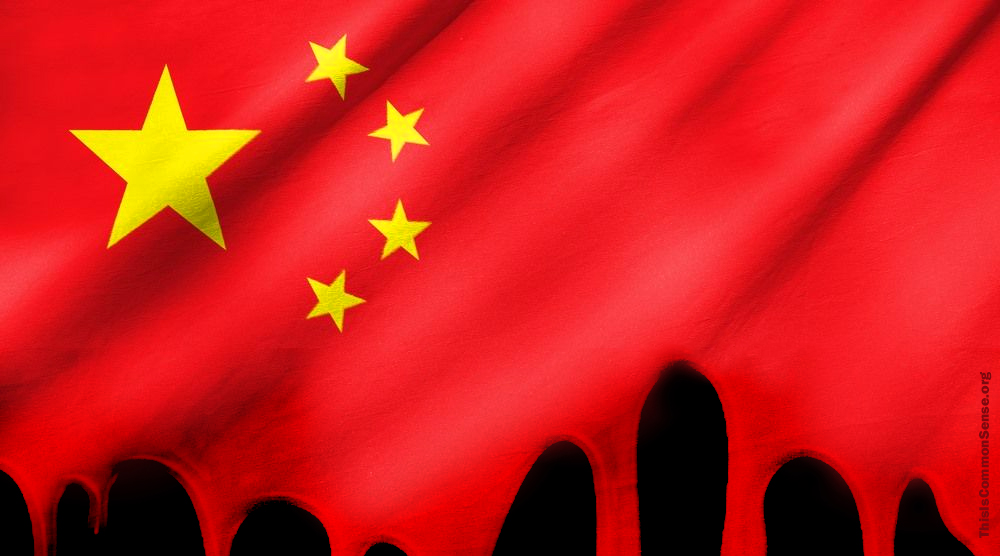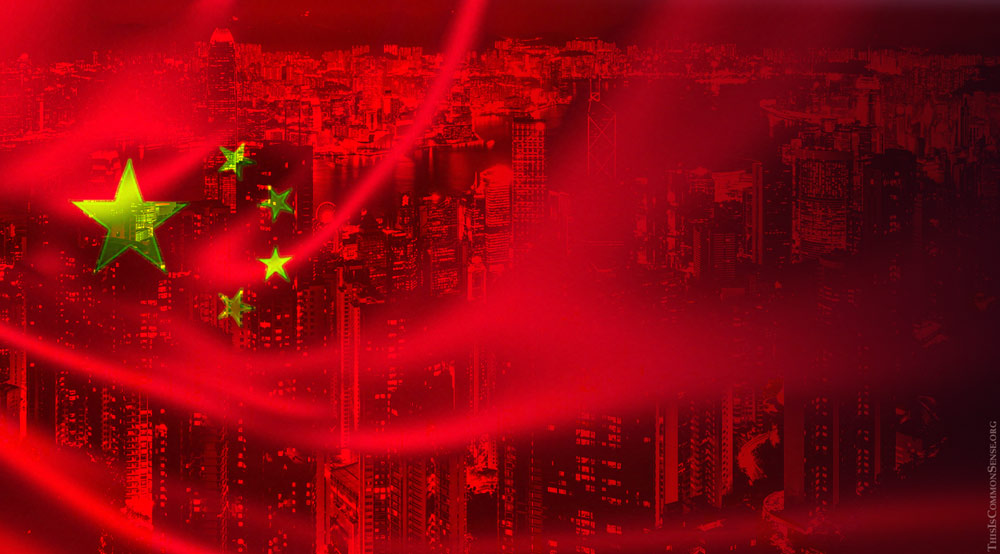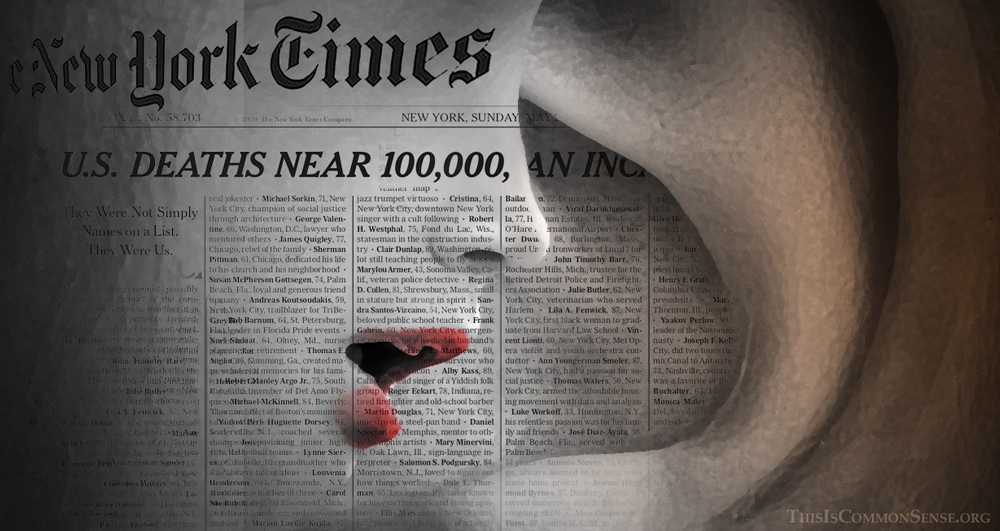Is the Chinese government under Xi Jinping becoming as murderously totalitarian as it was in the time of Mao?
Since Mao was responsible for the slaughter of tens of millions, today’s China is not, at least yet, Maoist bad. But as Doug Bandow reports in a recent overview (“China’s Terrifying Return to Maoism”), it is indeed awful.
The scuttling of presidential term limits is the merest tip of a titanic iceberg of tyranny.
Beneath the surface is China’s intensified repression of the Uyghurs, Tibet, and Hong Kong; prolific use of torture; a rise in coerced televised confessions; increased censorship and detaining of foreign journalists; massive expansion of the surveillance state with the help of technology firms like Huawei; and new crackdowns on practices of religion.
A few years ago, churches in many provinces of China could carry on without interference as long as they steered clear of politics. Hardly a minor restriction. But today, writes Bandow, “ministers are arrested, churches are closed or destroyed, members are barred from bringing their children and forced to display communist agitprop, and the [Chinese Communist Party] even wants to rewrite Scripture. Islam, Buddhism, and Daoism are also under sustained attack.”
Bandow bases his observations in part on a Human Rights Commission report just published by the UK Conservative Party.
Too often, journalists, politicians and others ignore or whitewash what the Chinese regime is doing at home and abroad. Whatever our policies toward China should be, they should be based on eyes-wide-open reality.
This is Common Sense. I’m Paul Jacob.
—
See all recent commentary
(simplified and organized)





